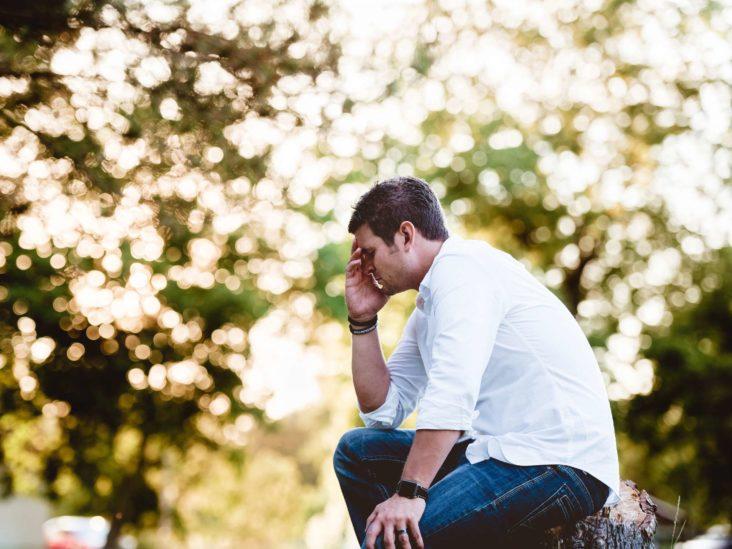“There is a loneliness epidemic,” global headlines often claim. This has become all the more true during the COVID-19 pandemic, as lockdowns, quarantines, and health risks have increasingly forced people to spend time apart. How can you turn involuntary isolation into a valuable experience?
Recent studies and surveys have confirmed what everyone suspected all along: the COVID-19 pandemic is having an enormous impact on people’s mental health all around the globe.
Numerous lockdowns, travel restrictions, and simply the acute awareness of the risks to health posed by SARS-CoV-2, the virus that causes COVID-19, have rendered people more anxious, depressed, and isolated than ever.

According to a Statista survey from February 2021, a significant number of respondents in many countries around the world indicated that they felt lonely at least some of the time.
In a 2013 TEDx talk, Prof. John Cacioppo, a social neuroscientist at the University of Chicago who specialized in the impact of loneliness on human individuals and societies, explained just why loneliness can be such a dangerous state of mind.
“It’s dangerous, as a member of a social species, to feel isolated, and our brain snaps into self-preservation mode,” he said. “That brings with it some unwanted and unknown effects on our thoughts and our actions toward others.”









